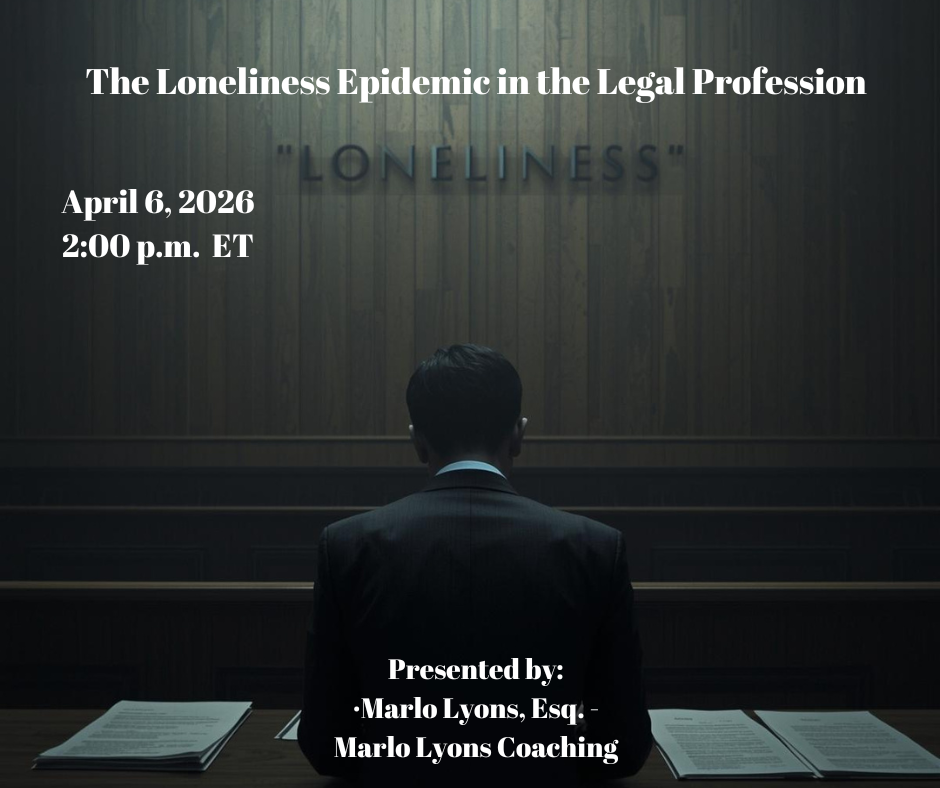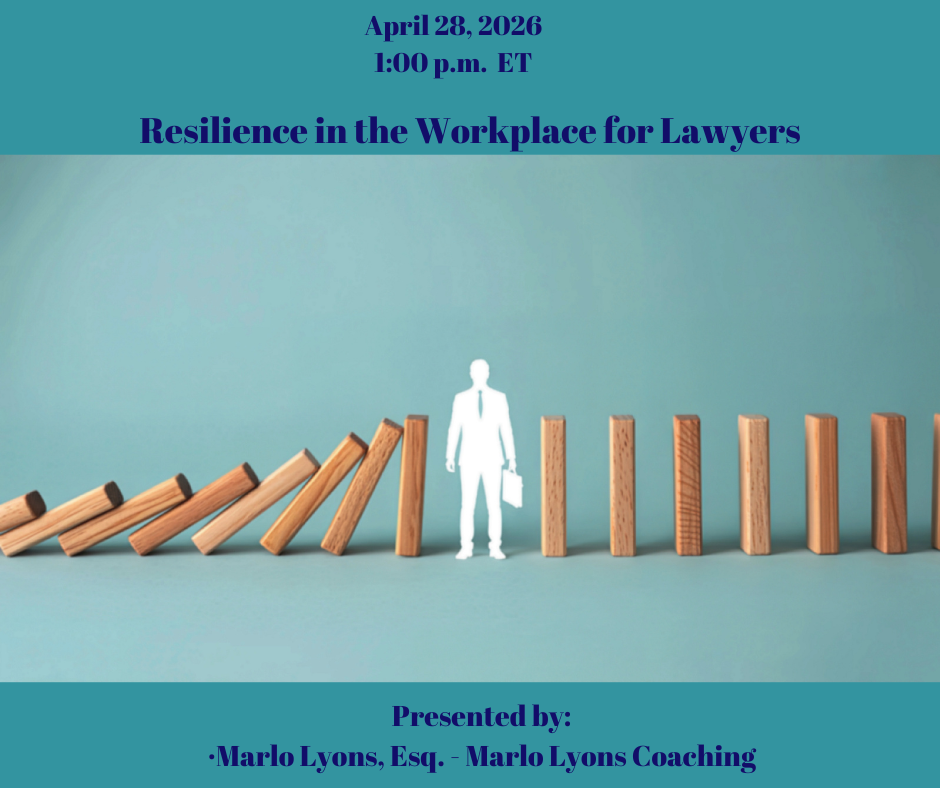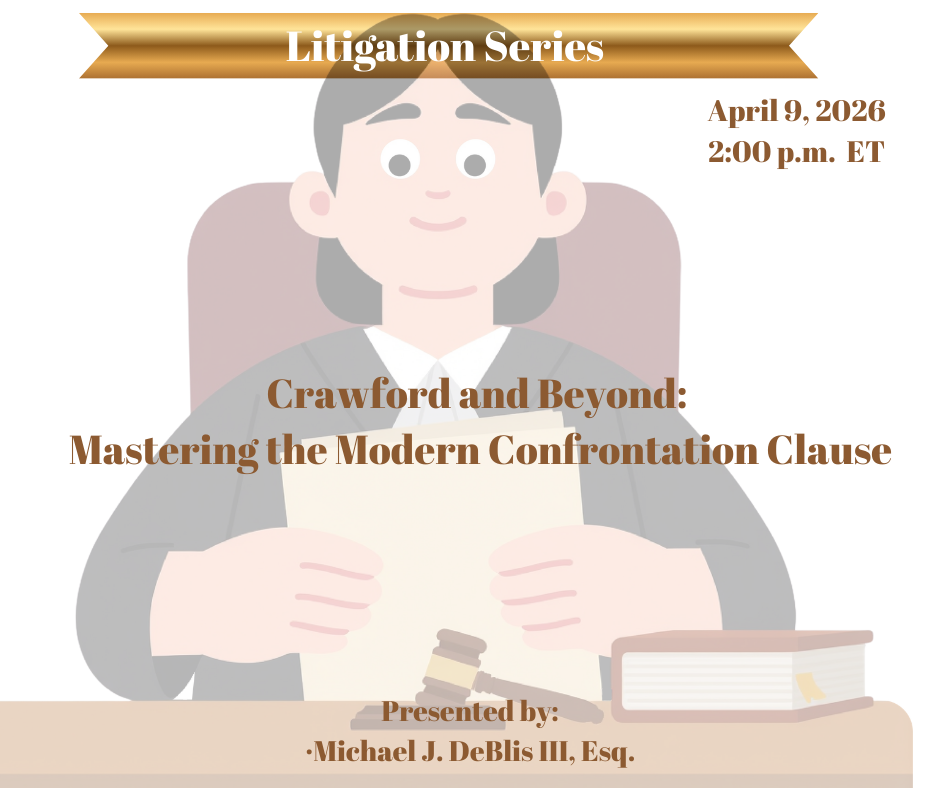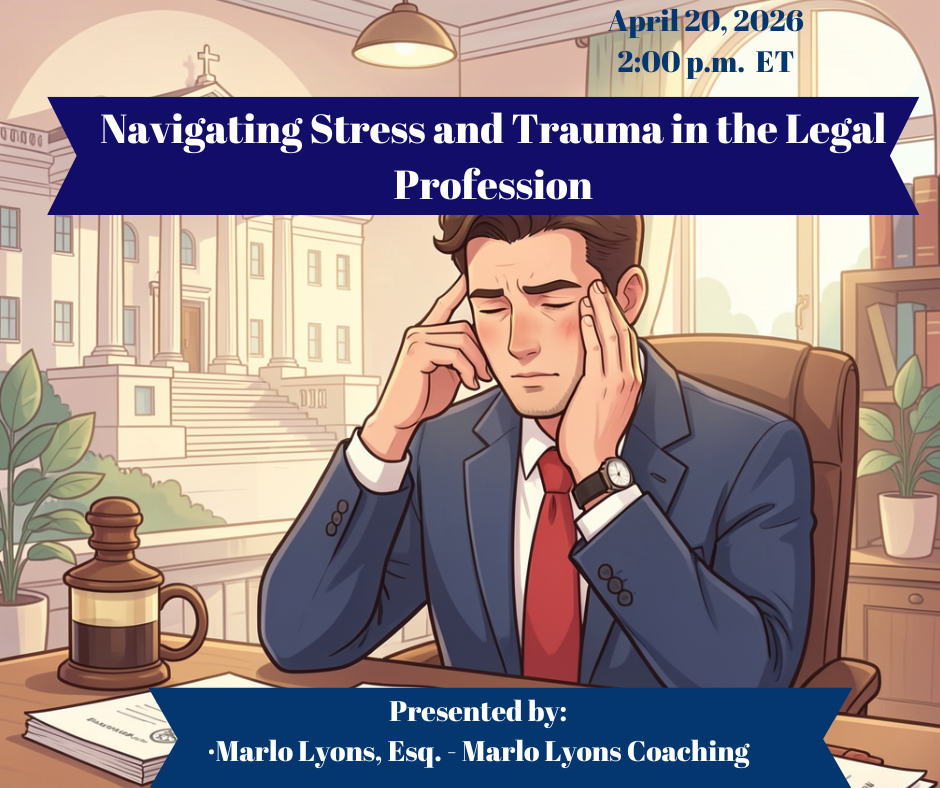
Exciting new series on “Voice, Body and Movement for Lawyers – How to connect with the jury and find Justice Through Dramatic Technique!”
Click here to find out more
At the onset and during the height of the COVID-19 pandemic, many commercial tenants that were unable to pay rent raised legal defenses (including arguments based on the doctrines of frustration of purpose and impossibility as well as the force majeure provisions in their leases) seeking to be excused from nonpayment and their other lease obligations. Nearly three years, New York courts have had ample opportunity to decide numerous cases between commercial landlords and tenants.
This program will provide attorneys with an update regarding the viability of COVID-era defenses, as well as practical litigation tips for counsel.

Explore the transformative potential of generative AI in modern litigation. “Generative AI for...

Loneliness isn’t just a personal issue; it’s a silent epidemic in the legal profession t...

As artificial intelligence becomes the engine of the global economy, the value of "AI-ready" data ha...

This program explores listening as a foundational yet under-taught lawyering skill that directly imp...

Resilience in the Workplace, delves into the critical importance of resilience in navigating the cha...

This program provides a comprehensive analysis of the Sixth Amendment Confrontation Clause as reshap...

Navigating Stress and Trauma in the Legal Profession, explores the unique challenges faced by legal ...

Effective data privacy and artificial intelligence governance programs do not happen by accident. Th...

This program focuses on overcoming the inner critic—the perfectionist, self?doubting voice tha...

This advanced CLE dives into complex GAAP topics relevant to attorneys advising corporate, regulator...